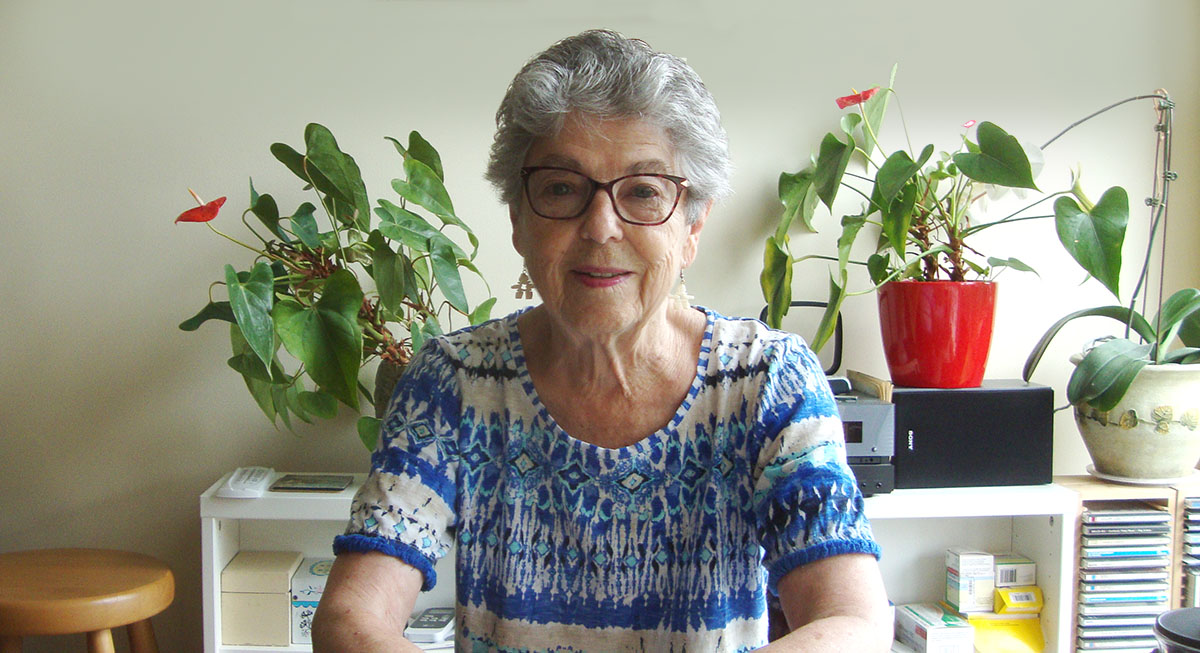
The City of Ottawa to Increase Development Charges for New Homes
Ottawa City Council began its monthly meeting with the adoption of committee reports, including the report that the Council approved the Irish Famine memorial in McDonald Gardens Park.
A substantial portion of the meeting was devoted to approving a new schedule of development charges and a new development charges by-law that raises development fees by up to 11 percent.
This pivotal by-law, which earlier passed the Planning and Housing Committee, is a strategic measure to ensure that the city’s expansion aligns with the growth of essential infrastructure and services. In other words, it is a measure to make sure that growth pays for growth, with development charges being a one-time fee directed towards infrastructure under city authority, such as wastewater systems, water supply, roads, public parks, and libraries.
There was a lengthy discussion about the motion.
Councillor David Brown stated that the city is between a “rock and a hard place” and pointed out that the high cost of building housing in Ottawa is pushing growth in neighbouring municipalities with cheaper development fees. However, the residents of those neighbouring regions still have free access to municipal infrastructure within the Ottawa area.
Brown further noted that a house just west of the city boundary line costs $35-40 thousand less than it does within city limits and can be completed in half the time. Brown said he would reluctantly support the increase but that Council should consider other options. He said, “We are missing out on opportunities because it is too expensive to build a home in rural Ottawa,” which is harming the expansion of housing in rural areas of the city.
Brown concluded his remarks by asking, “I appreciate the position Council is in, but I hope going forward we’re going to be a little more cognizant of how we can encourage development in rural areas of the city.”
Councillor Sean Devine called the debate over development charges polarizing and said he would reluctantly support the motion. However, he said the city has to start asking the question of growth begets growth. Councillor Glenn Gower also pointed out that the cost of a home within the city is now over a million dollars on average and asked if there were any other options.
Councillor Ariel Troster, who sits on the committee, spoke to the motion, saying that “growth is not paying for growth” and that we must find other ways to fund our city. Troster cited property taxes and development fees as the only two significant sources of funding for the city. Troster pointed out Toronto’s more robust taxation code and suggested a possible municipal land transfer tax as a potential solution.
Councillor Riley Brockington spoke to the motion, noting that for a young person trying to pay off debts such as student loans, a fee of $50,000 is a lot of money. However, Ottawa was still ranked 50th in the province for development fees, citing the city of Vaughn, which charges $153,000 in fees per new house. Brockington asked city staff where other municipalities’ costs are going compared to Ottawa.
City Staff responded that it was not an “apples-to-apples comparison that varies completely.” However, Brockington said that he believes in growth paying for growth and that the revenue needs to come from somewhere, so he would support the motion. The committee recommendations were carried with only Councillor Matthew Luloff dissenting.
Gloucester-Southgate Ward Councillor Jessica Bradley, who worked for and was endorsed by previous Councillor Diane Deans, who tragically passed after a battle with ovarian cancer yesterday, brought forward a motion asking that the Greensboro Community Centre be renamed the Diane Deans Greenboro Community Centre.
Bradley’s motion also requested that a plaque listing Deans’s achievements be installed and that the installation and costs be funded through her council office. Bradley held back tears, thanking Diane for her service to the city; Councillor Theresa Kavanaugh also spoke to Deans’ kindness and assistance when she decided to run for Council in 2018. Councillor Riley Brockington talked at length about his relationship with Deans and her achievements, including being the first female chair of the Ottawa Police Services Board. He concluded his remarks in earnest by saying that Deans was “simply a very good person.” The Deans motion was passed unanimously.












